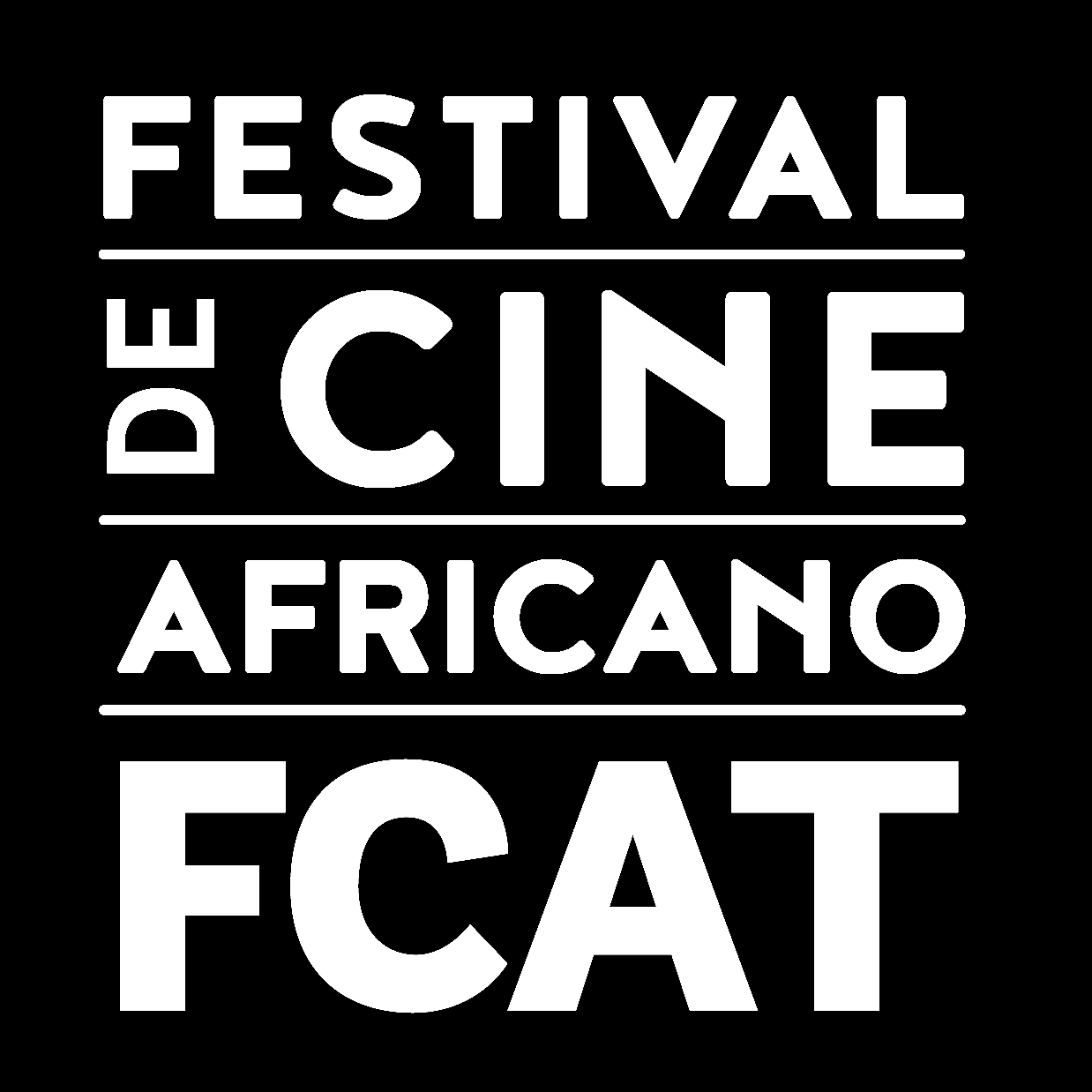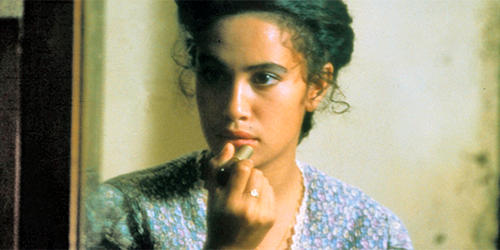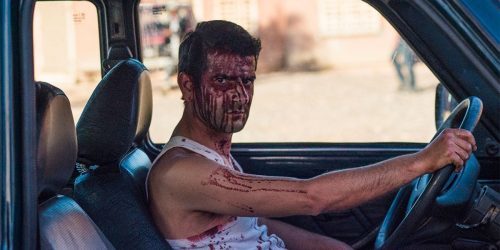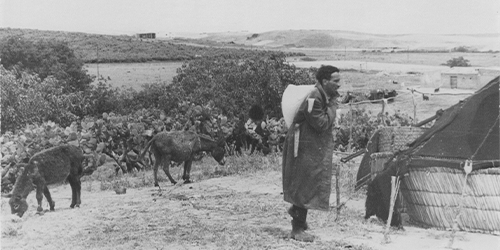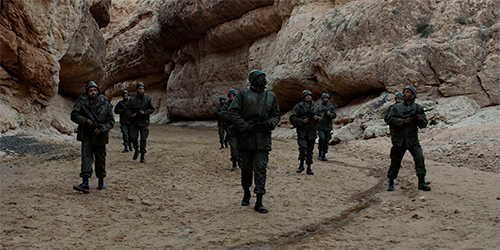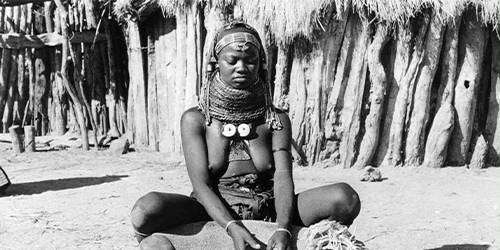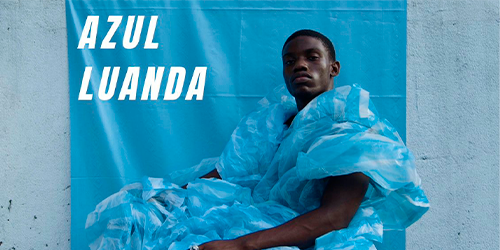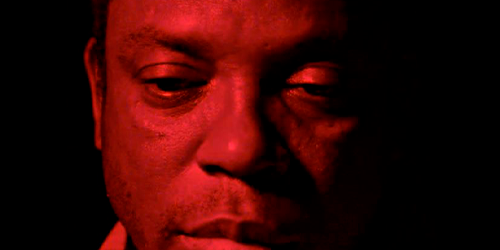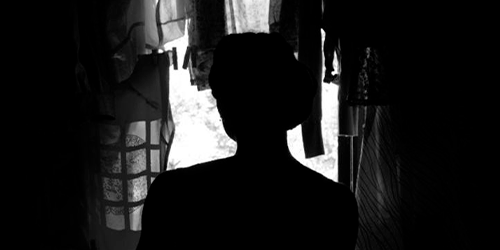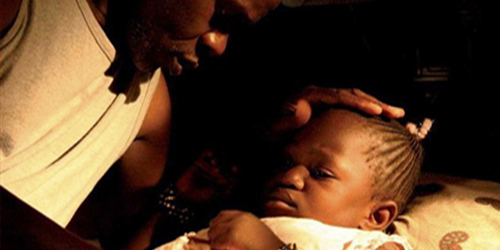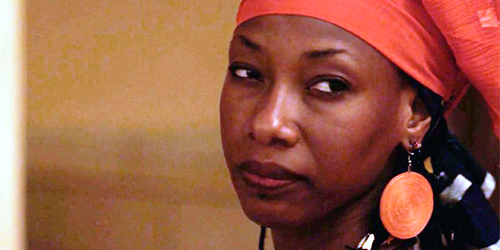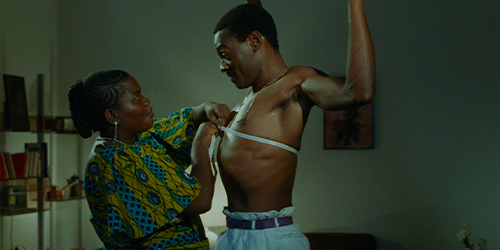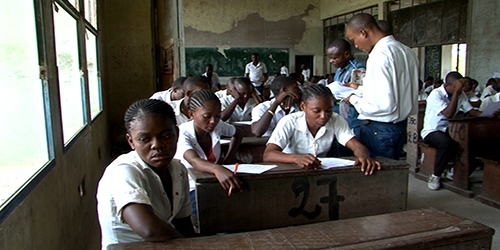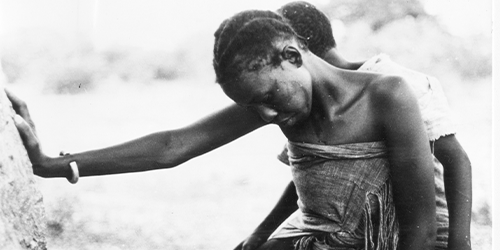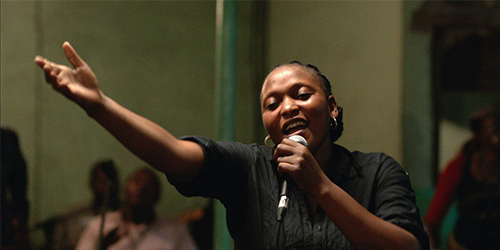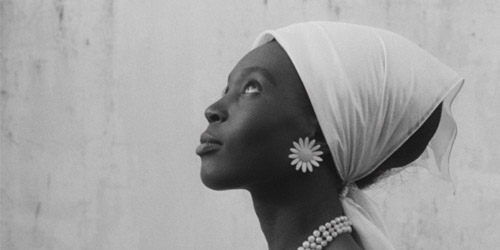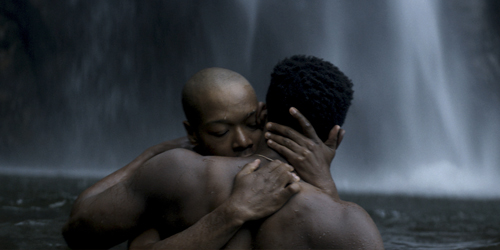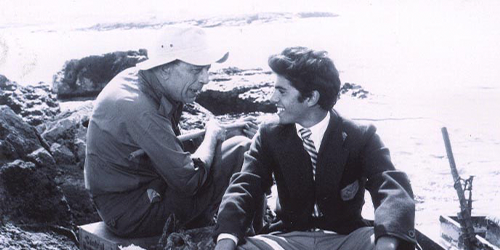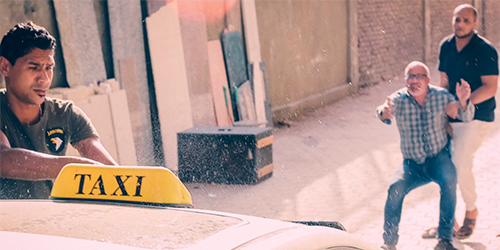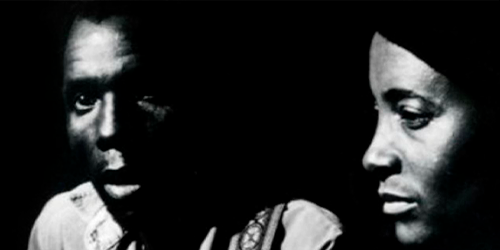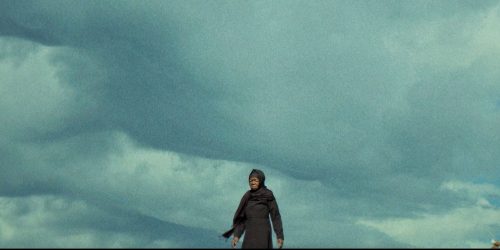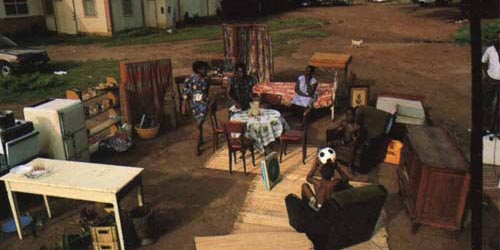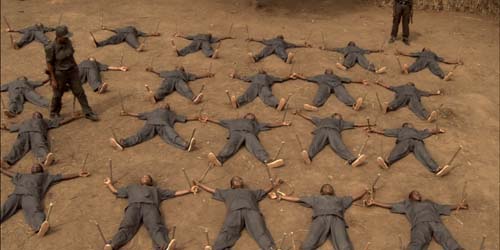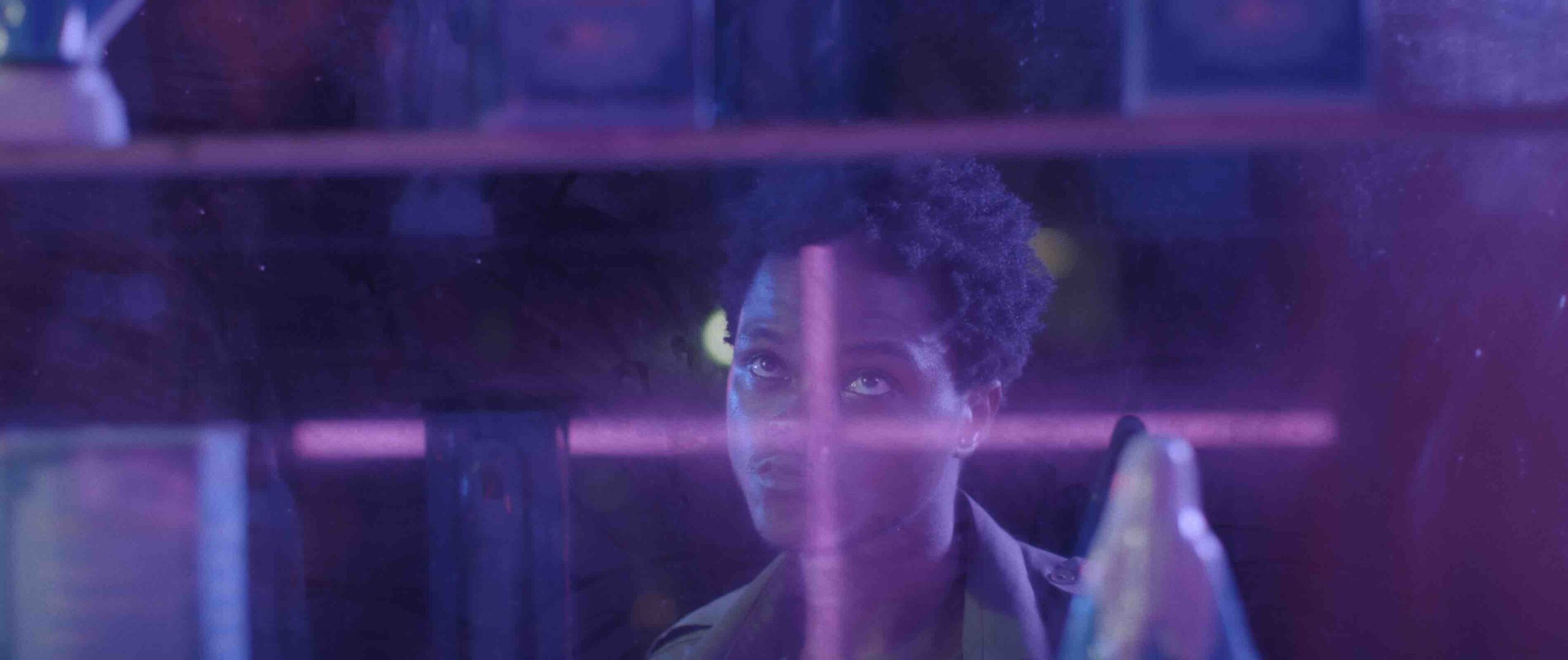Carte blanche to
ERIGE SEHIRI
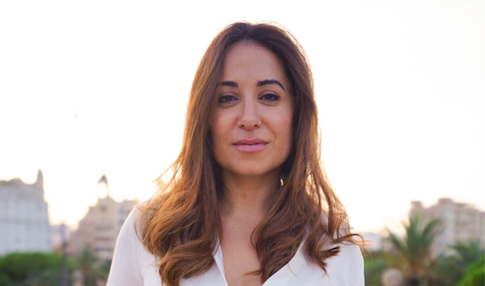
“Samt Al qusur (Les silences du palais) is an inescapable film in the history of contemporary Tunisian cinema, directed by a woman about women, with an aesthetically careful look. It revealed several great actors and actresses of Tunisian and Arab cinema. Abou Leila, is a psychedelic thriller, a road movie in Algeria in the 1990s, at once cruel and poetic, profound and inventive, a real cinematic proposal”.
Erige Sehiri is a French-Tunisian film director and producer. With her production company, she develops auteur documentaries. She directed the short documentary Le Facebook de mon père (2012) and the feature documentary La voie normale (2018) before making her first feature-length documentary Under the Fig Trees, selected in multiple festivals and presented in the official competition of FCAT 2023.
Carte blanche to
ALI ESSAFI
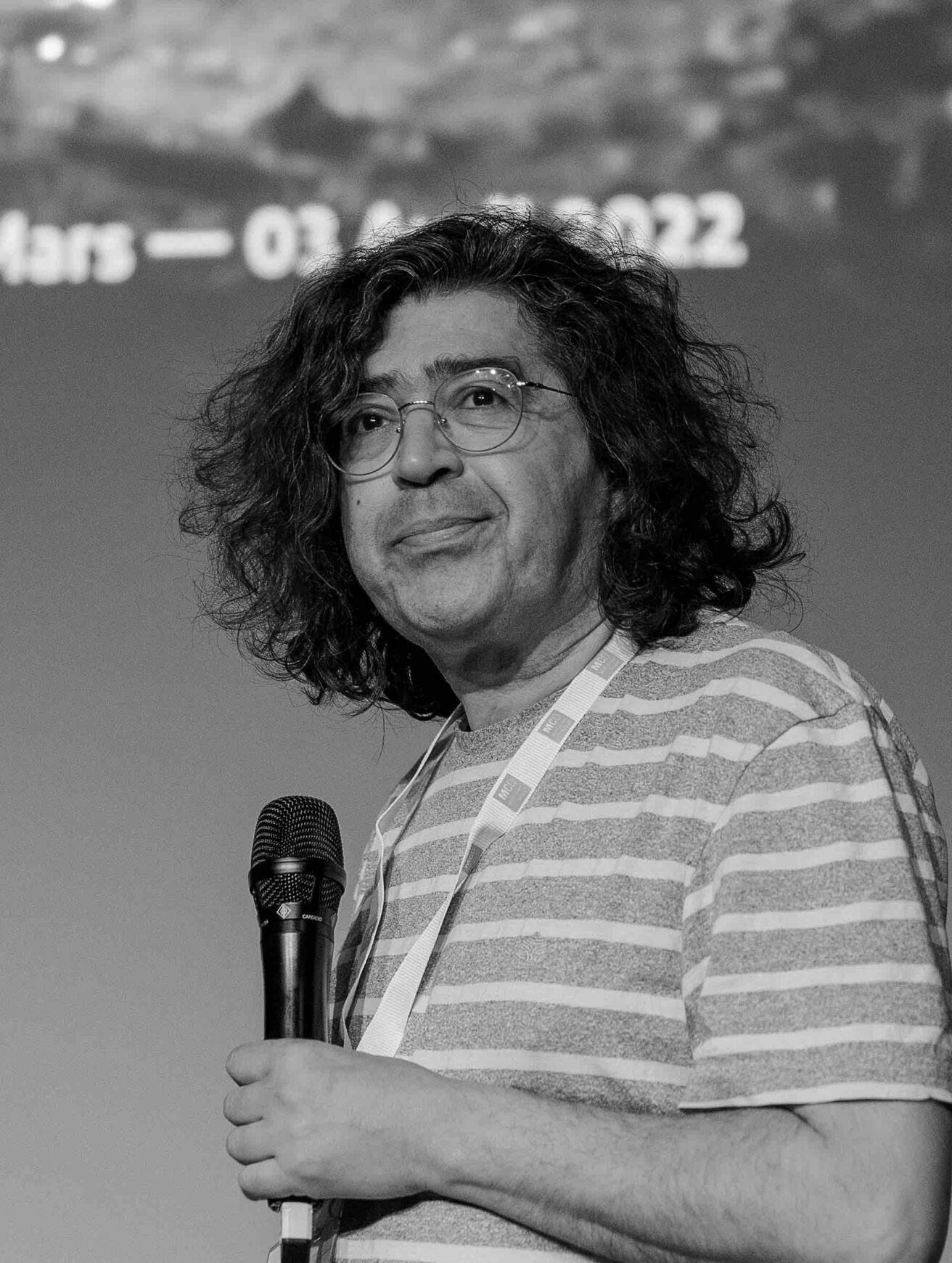
“Decades and thousands of kilometres separate Al Sarab (Le mirage) from Tlamess. But what unites them, apart from the titles that both refer to the invisible, is the (rare) ability to tell the reality of our past and present traumas, letting it sink into the dreamlike and poetic depths of our abysses… In the sincere and touching manner of our popular narrators”.
Ali Essafi is a film director and researcher. In Morocco, he embarked on a long research on North African film and visual archives. These archives have been transformed into films and installations. His film Crossing the Seventh Gate premiered at the Berlinale (Forum) in 2017 and his latest work Before the Dying of the Light, premiered at IDFA in 2020, is presented in a special session of this FCAT 2023 retrospective.
Carte blanche to
ERY CLÁVER
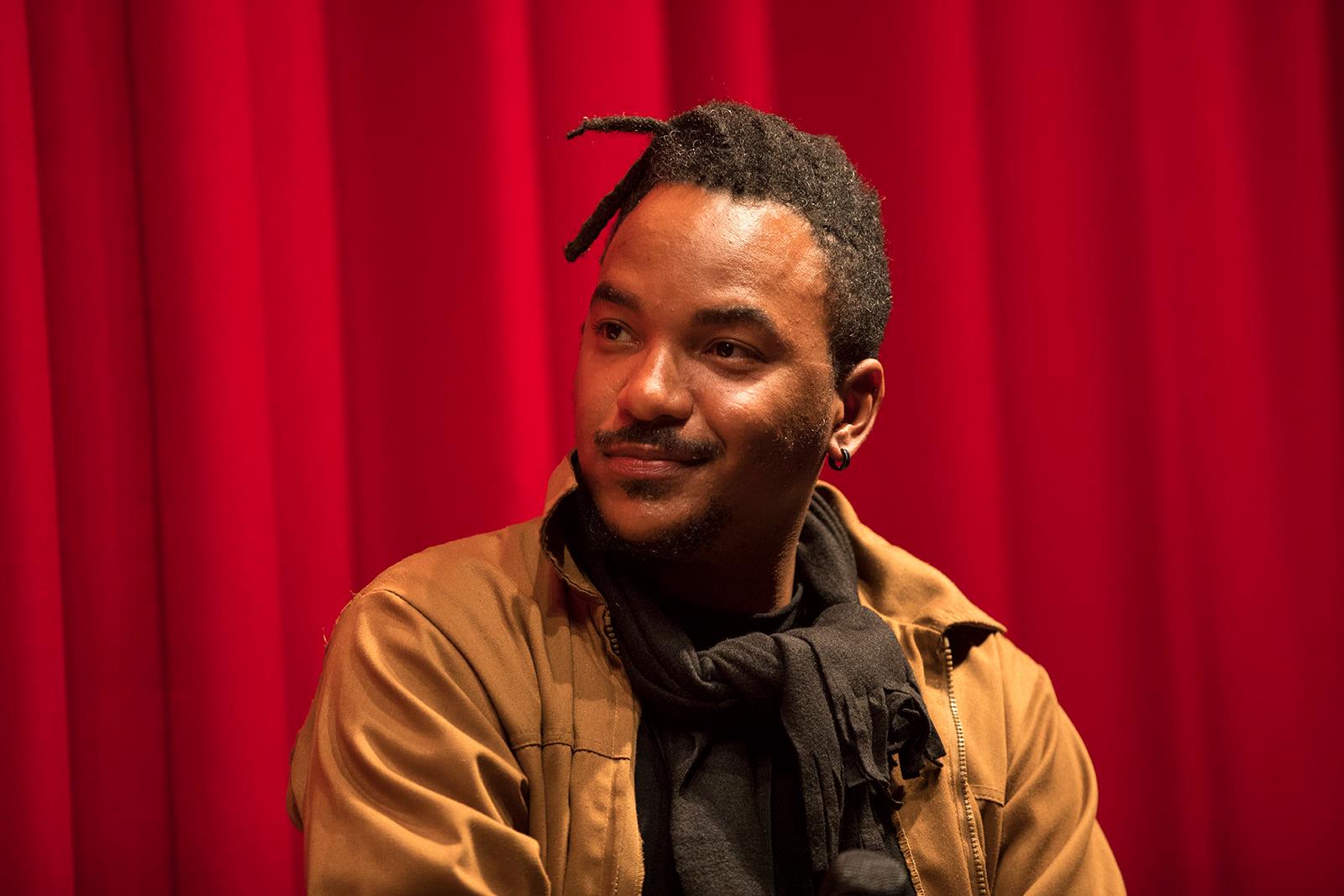
“With Nelisita, Ruy Duarte de Carvalho created a fiction in which the people themselves acted and staged their legends. He thus became the pioneer of this “artisanal” cinema made with very precarious means but with a spirit of militancy. He shows us the way to overcome our difficulties as filmmakers in a country without cinema and to choose the themes to explore in our artistic approach. His tireless anthropological research on the Mumuila people inspires us in our own quasi-anthropological quest to understand our own current urban environment, with similar tools: a cinema made with very few means, a few collaborators, but supported by the richness of our oral literature.
The three short films produced in 2022 have in common the young age of their directors (22 years old) and their promising talent full of imagination and creative exuberance. They are committed artists, aware of their social and vindicative role as artists, eager to highlight the inconsistencies and shortcomings of the society in which they live, but also driven by the desire to capture the intrinsic poetry of the imperfect Luanda in which they live. In Museu de Manifestações, Irene A’mosi makes a public denunciation and vindicates the rights of people with physical disabilities. But the short film is also an exhibition of human beauty, which is rare in contemporary artistic ramblings. With Azul Luanda, Gegé M’Bakudi portrays with great dignity and delicacy the souls and dreams of freedom of those who are deprived of consideration in the social framework. In Lola & Mami, Resem Verkron questions the importance of the role of men in everyday life through a portrait of masculinity at its worst, without falling into a superficial or categorical discourse, but rather trying to highlight the ambiguities of the human soul”.
Ery Cláver is a filmmaker and director of photography. He has been a member of Geração 80 since 2013, a collective that revitalises the audiovisual sector in Angola through the production and distribution of independent and auteur films. He collaborated in the scriptwriting of Ar Condicionado for which he is also director of photography. As a director, he has made several short films, in particular Lúcia no céu com semáforos, and in 2022 he released his first feature film, Nossa senhora da loja do chinês, world premiere at the 75th Locarno Film Festival and selected in the official competition of FCAT 2023.
Resem Verkron, 2022, Angola
Irene A’mosi, 2022, Angola
Carte blanche to
THIERNO SOULEYMANE DIALLO
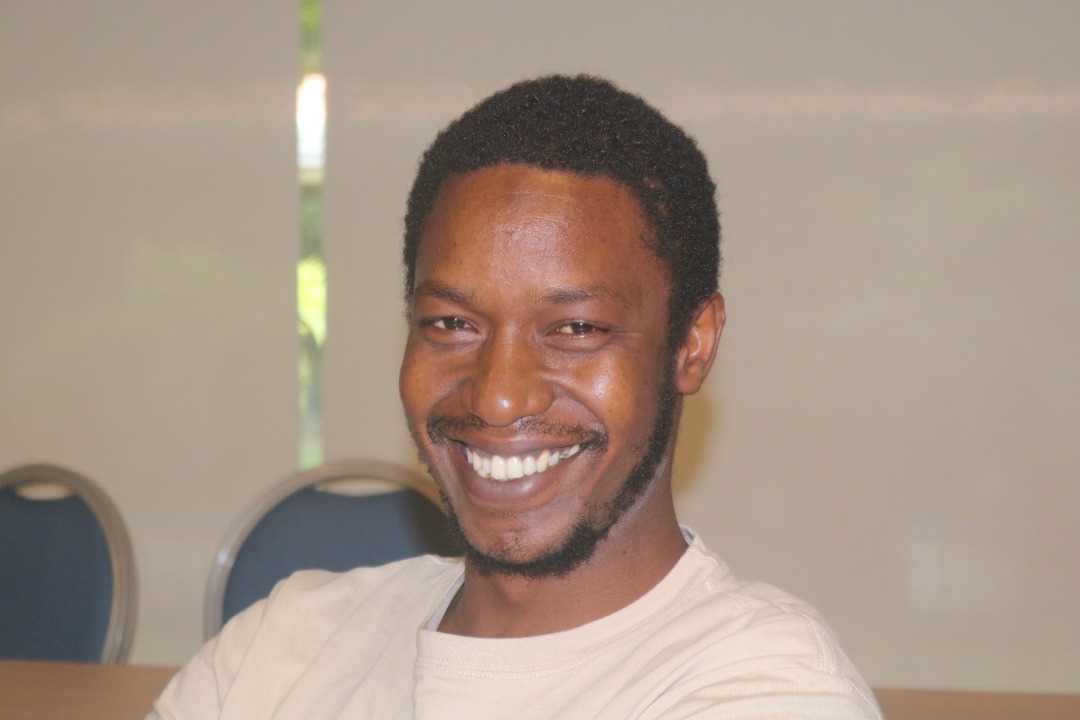
“I have chosen these two films not only for artistic but also for political reasons. Bamako by Abderrahmane Sissako breaks the boundaries between documentary and fiction. It is a very political film, both in content and form. For me, it is a film that new generations should see. Morbayassa is Cheick Fantamady Camara’s latest, a very politically committed film. Unfortunately, it is not known to the public and I fear it will disappear like other important films that have disappeared”.
Thierno Souleymane Diallo is a filmmaker from Guinea Conakry, trained in documentary filmmaking in Niger and Saint-Louis, Senegal. After making several short films, he directed Un homme pour ma famille and Nô Mëtî Sîfâdhe, two medium-length documentaries. Au cimetière de la pellicule, his first feature film, had its world premiere at the Berlinale 2023 and is part of the official competition section of FCAT 2023.
Carte blanche to
ALAIN KASSANDA
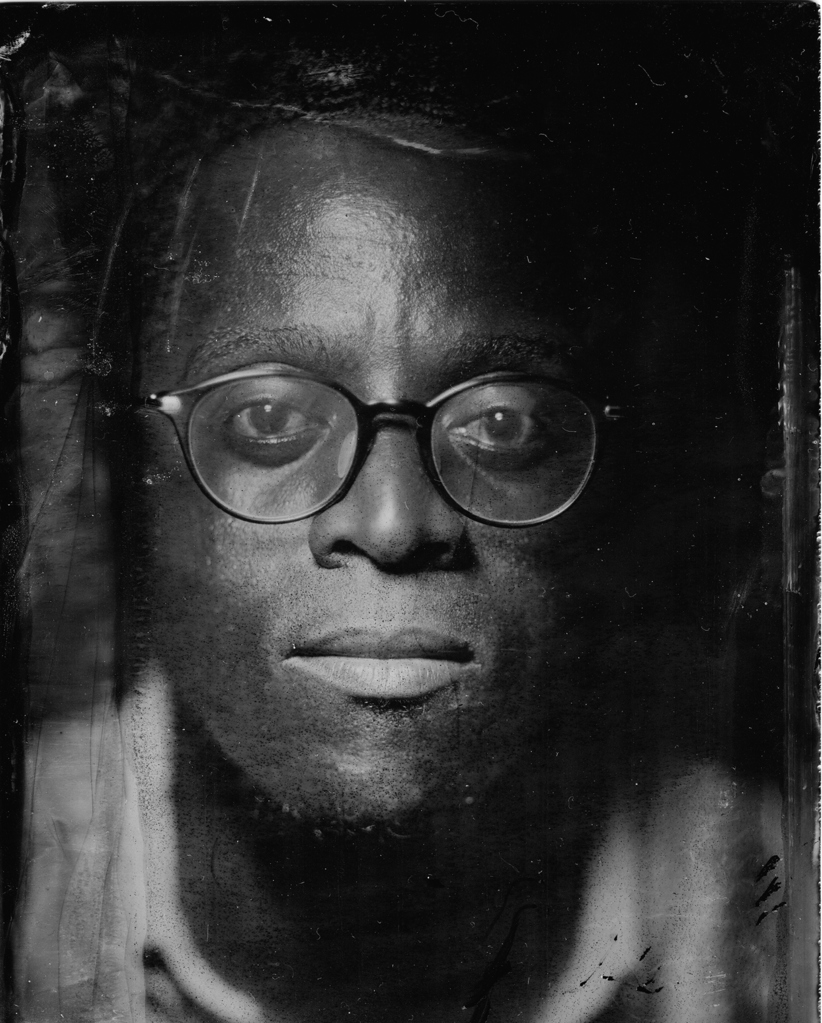
“For as long as I can remember, La vie est belle was my first and one of my most memorable film experiences, insofar as it provoked in the 8-year-old boy that I was, a deep identification with the characters, the language and the context it depicted. I would later discover how rare it was for an African viewer to recognise himself on screen, especially when living in Europe. Examen d’Etat, de Dieudo Hamadi, had a similar impact, in its detailed depiction of Congolese youth. It transported me back to my student days in Kinshasa: the blue and white uniforms, the dysfunctions of our education system, but also the joy and resilience of everyday life. Two films about two different eras, from Zaire to Congo, in an attempt to capture as faithfully as possible our experience of life”.
Alain Kassanda is a Congolese filmmaker based in Paris. A curator of film seasons and art cinema programmer in Paris, he began directing films in Ibadan, Nigeria: Trouble Sleep, a medium-length film focusing on the road; Colette et Justin, a feature film intertwining his family history and the history of the decolonisation of the Congo; and Colette et Justin, a feature film about his family and the decolonisation of the Congo ; Coconut Head Generation, his third film, won the Grand Jury Prize at the Parisian festival Cinéma du Réel and is selected in official competition at the FCAT.
Carte blanche to
FARAH CLÉMENTINE DRAMANI-ISSIFOU
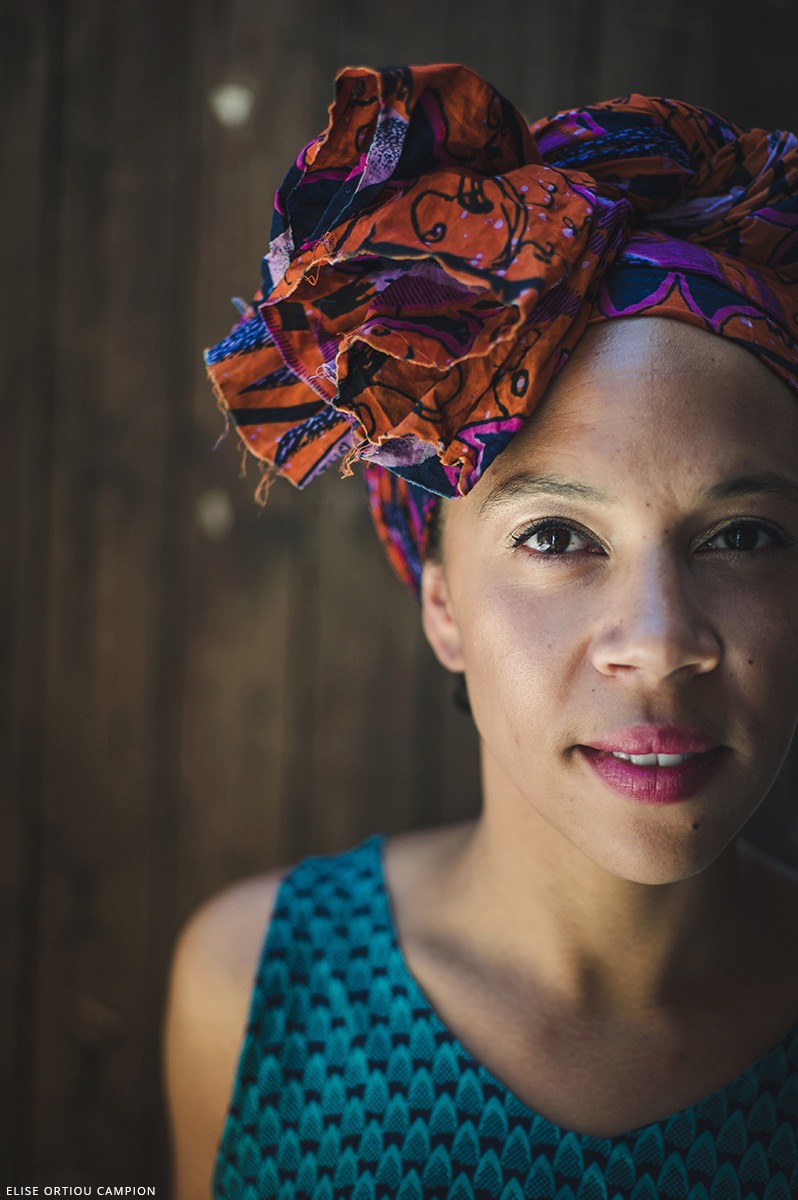
“Wênd Kûuni is a story of extreme depth. Through an allegory – the story of a mute young man in search of his origins – Gaston Kaboré invites Africans to recover the word, that “gift of God”. Félicité is the result of filmmaker Alain Gomis’ encounter with the music of the Kasai Allstar. Mixed with the grace of the Kibamguiste symphony orchestra, the film traces the moving portrait of a woman on the edge of day and night, of life and death”.
French and Beninese, Farah Clémentine Dramani-Issifou is an exhibition curator, film programmer and independent researcher. In 2011, she initiated the New African Documentary Film Festival between Paris and Cotonou (2011-2017). Between 2018 and 2022 she worked on the selection committee of the Semaine de la Critique (Cannes Film Festival). She currently works at the Yennenga Centre in Dakar, dedicated to film training. She is also a member of the selection committees of the Marrakech Festival, the Villa Médicis Festival and FESPACO.
Carte blanche to
MILISUTHANDO BONGELA
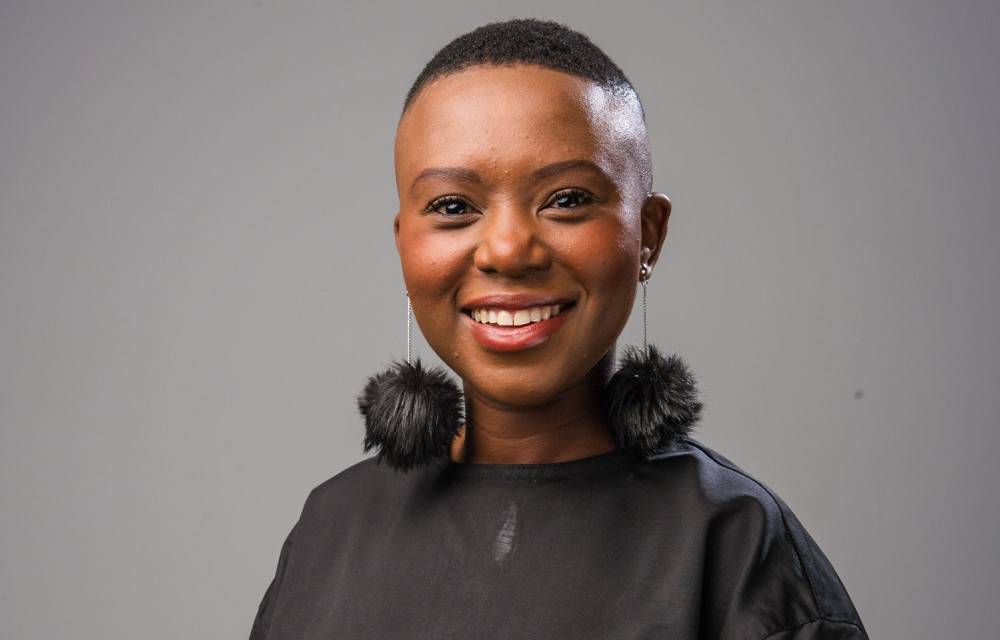
“I’ve watched La Noire de… more times than I can count and each time I watch it, it reveals something new about itself, about me. This is what I would describe as perfect cinema. It’s ground zero for me in many ways. The standard of how this medium can hold my subjectivity as both an African woman and as a filmmaker. As for Inxeba, I think this was a groundbreaking film at the time it came out for what South African cinema can be. A profoundly important story told with the tenderness required to navigate the complexities of representation, queer identity, cultural traditions and who gets to tell what story. It earned its controversy”. Milisuthando also proposed among the films she considers fundamental, This Is Not a Burial. It’s a Resurrection, “one of the most brilliant films to come out of anywhere in recent years. Everything about it is so considered that it will easily find a place in the great hall of timeless cinema. It really inspired me to be exacting in my intentions as a storyteller and to serve the story as a first principle, rather than think about audiences first”.
Milisuthando Bongela is a writer, editor, cultural manager and artist. For the last 15 years, she has worked in the world of music, art, communication and film. She has just finished her first documentary, a personal documentary essay, Milisuthando, premiered at the Sundance Film Festival and presented in the official competition section of FCAT 2023.
Carte blanche to
AHMED SHAWKY
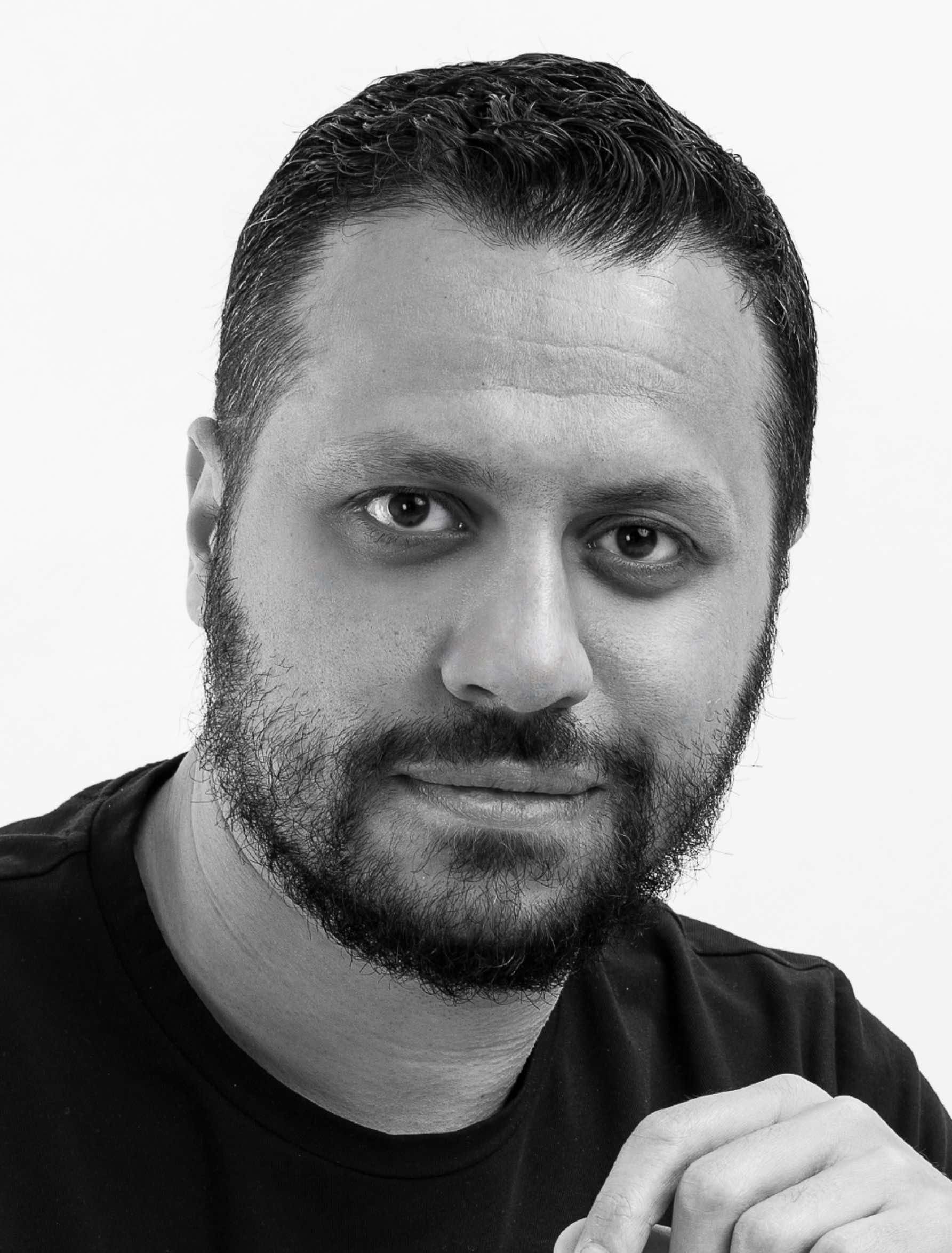
“The film by Youssef Chahine, one of Egypt’s most prolific filmmakers and one of the few filmmakers to gain an international audience, won the Silver Bear at the Berlinale. It is a great example of the revival of classical Egyptian cinema, hitherto known for its melodramas. Iskanderija…Lih? was considered revolutionary in its time for the themes it deals with (homosexuality, interracial romance) and the first cinematic autobiography in Egyptian cinema. Leil Khargi (Ext. Night) won the best actor award at the Cairo International Film Festival. It is a model of a modern Egyptian film that draws the viewer into the socio-political and gender dilemma of living in a city like Cairo”.
Ahmed Shawky is a film critic and programmer at film festivals such as, among others, the Malmö Arab Film Festival in Malmö, Sweden. He is vice-president of the International Federation of Film Critics (FIPRESCI) and president of the Egyptian Federation of Film Critics (EFCA).
Carte blanche to
HAWA ESSUMAN
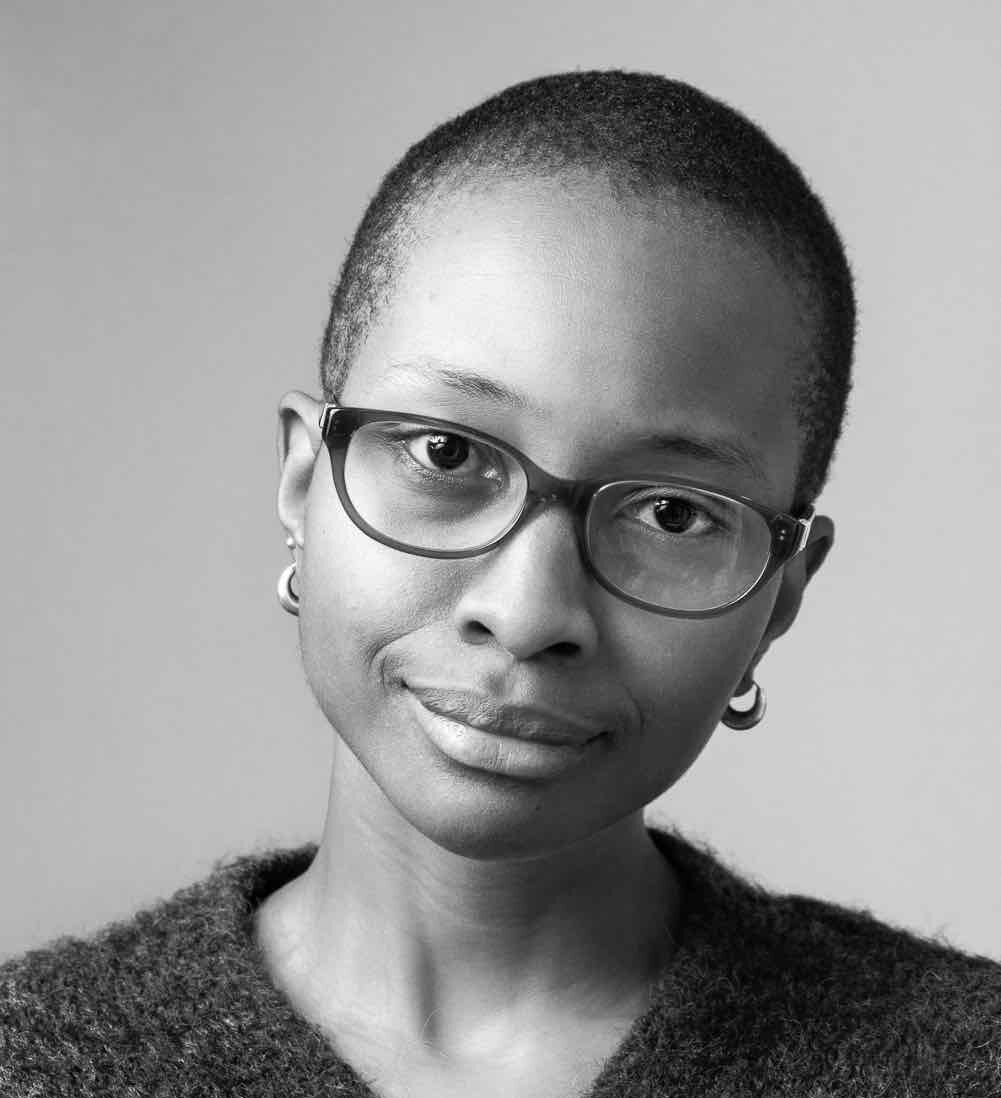
“In Neria, Godwin Mawuru uses well trodden tropes as a jumping off point to encourage us to see ourselves as more than expected and this had a deep resonance with the Zimbabwe population – it is arguably the most watched and successful film in the country’s history. This Is Not a Burial, It’s a Resurrection shows agency, love for home and brutal reality through an unflinchingly beautiful lens. We are not afraid to look at our current state and what we are willing to do for what we have”.
Hawa Essuman is a filmmaker, screenwriter, director and film producer. Among these, she co-directed the documentary Silas. She previously directed the multi-award winning film Soul Boy. She is a member of selection committees at the Warsaw Film Festival, Fespaco and the Kigali International Film Festival. She is also co-founder of Manyatta Screenings, an outdoor screening programme of East African short films.
Carte blanche to
PEDRO PIMENTA
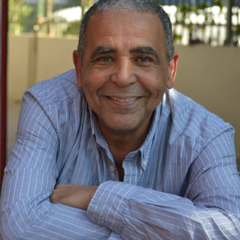
“I offer these three titles from the official Portuguese language space in Africa (Guinea Bissau, Mozambique and Angola), a cross-sectional look at distinct eras, at the complex and contradictory relationship between the political movements that led these countries towards independence and the urban colonial space”.
Pedro Pimenta is a film producer, member of the programming committee of Fespaco. He is founder and director of DOCKANEMA, a documentary film festival in Mozambique. He has been director of the Durban Film Festival in 2015 and the Johannesburg Film Festival in 2016 and 2017 and was one of the main consultants for the UNESCO Report 2021 “The African Film Industry: Trends, Challenges and Opportunities for Growth”.
Licínio Azevedo, 2012, Mozambique
Ery Cláver, 2022, Angola
